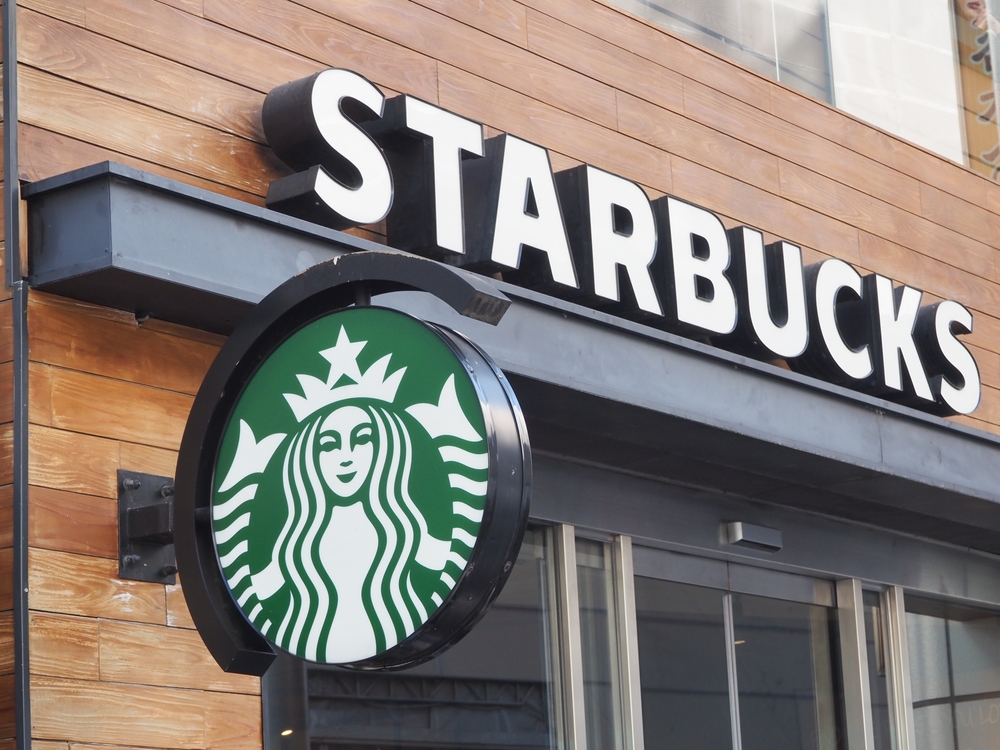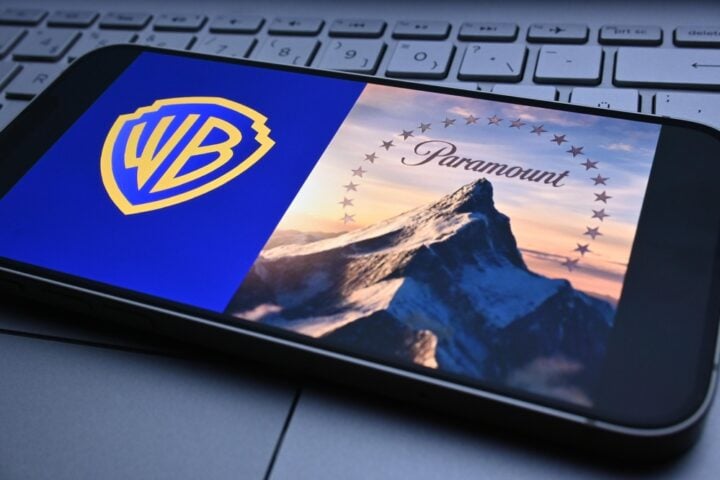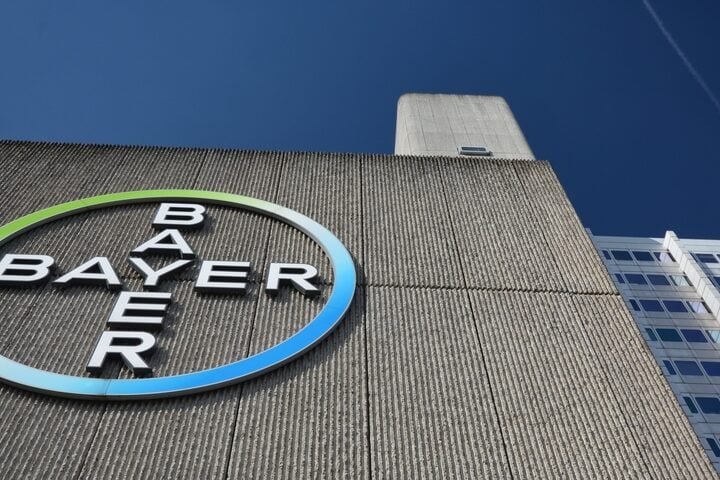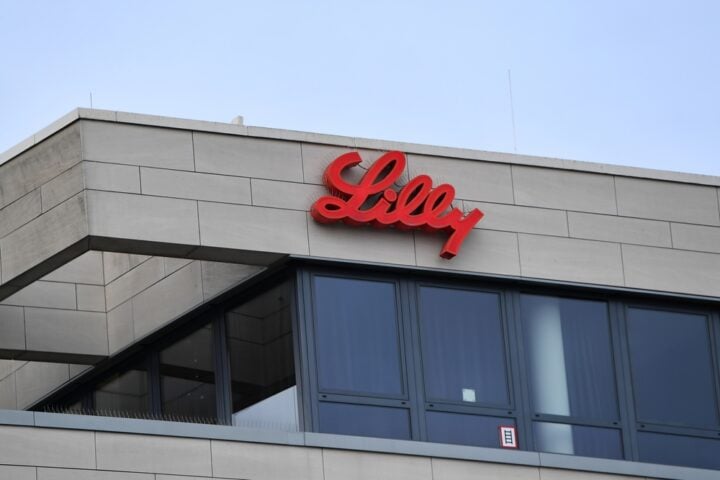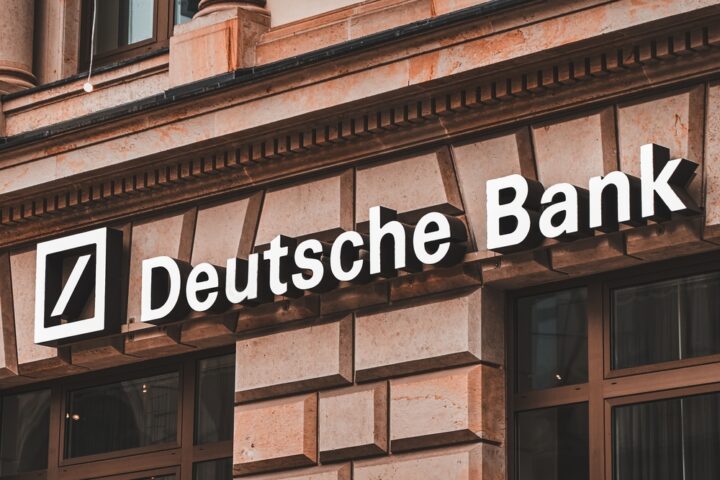Starbucks employees staged a major walkout this holiday season, culminating on Christmas Eve with expanded labor action across the country. While the Starbucks Workers United union claimed the strike affected more than 300 stores and involved around 5,000 baristas, Starbucks reported that about 170 locations remained closed, leaving 98% of its 10,000 stores operational during the busy holiday period.
Growing Strikes Amid Labor Disputes
The walkouts, which began on Friday, escalated over the weekend and reached their peak on Tuesday, as workers in over 60 stores across 13 cities participated. The union cited frustrations over stalled contract negotiations, particularly around wages and working conditions.
“Half the baristas in my store drive 30 minutes one way because they can’t afford to live closer to work,” said Lauren Hollingsworth, a barista from Ashland, Oregon. “These strikes are an initial show of strength,” she added, emphasizing the workers’ resolve.
Starbucks Workers United accused the company of failing to honor a February commitment to finalize a labor agreement. The union criticized Starbucks’ proposed wage package, which included no immediate raises for unionized workers and a modest 1.5% increase for future years.
Where the Strikes Happened
Picket lines sprang up across key metro areas, including Boston, Chicago, Los Angeles, New York City, and Seattle. Some of the notable picket locations on Tuesday included:
- Atlanta: 10830 Haynes Bridge Road, Alpharetta, GA, 12 p.m. ET
- Buffalo: 933 Elmwood Ave, Buffalo, NY, 12 p.m. EST
- Chicago: 5964 N Ridge Ave, Chicago, IL, 12 p.m. CST
- Columbus: 88 East Broad St, Columbus, OH, 12 p.m. EST
- Dallas: 2300 S Loop 288, Denton, TX, 12 p.m. CST
- Los Angeles: 3241 N Figueroa Street, Los Angeles, CA, 10 a.m. PST
- Manhattan: 444 Broadway, New York, NY, 12 p.m. EST
- Philadelphia: 1528 Walnut St, Philadelphia, PA, 9 a.m. EST
- Portland: 720 SW Broadway, Portland, OR, 12 p.m. PST
- Seattle: Pike Street Roastery, 1124 Pike St, Seattle, WA, 1 p.m. PST
Starbucks’ Response
Starbucks maintained that the majority of its stores remained open during the walkouts. In a statement, Sara Kelly, Starbucks’ executive vice president and chief partner officer, said, “We are ready to continue negotiations when the union comes back to the bargaining table.”
The company emphasized that its pay and benefits package, valued at $30 an hour for employees working at least 20 hours per week, already offers competitive compensation. Starbucks accused Workers United of prematurely ending negotiations earlier in the week.
Broader Labor Tensions
The Starbucks walkouts are part of a larger wave of labor actions across major corporations. The union also demanded that Starbucks address hundreds of unfair labor practice charges filed with the National Labor Relations Board (NLRB).
On the heels of the Starbucks strike, the Teamsters union announced walkouts at seven Amazon delivery hubs, spotlighting the growing movement for better wages and working conditions among America’s largest employers.
Looking Ahead
The Starbucks walkouts showcased workers’ collective frustration and highlighted ongoing labor tensions during the busiest travel and shopping period of the year. As both sides prepare for future negotiations, the labor movement’s momentum suggests that strikes and protests could continue shaping the conversation around workers’ rights in 2024 and beyond.


